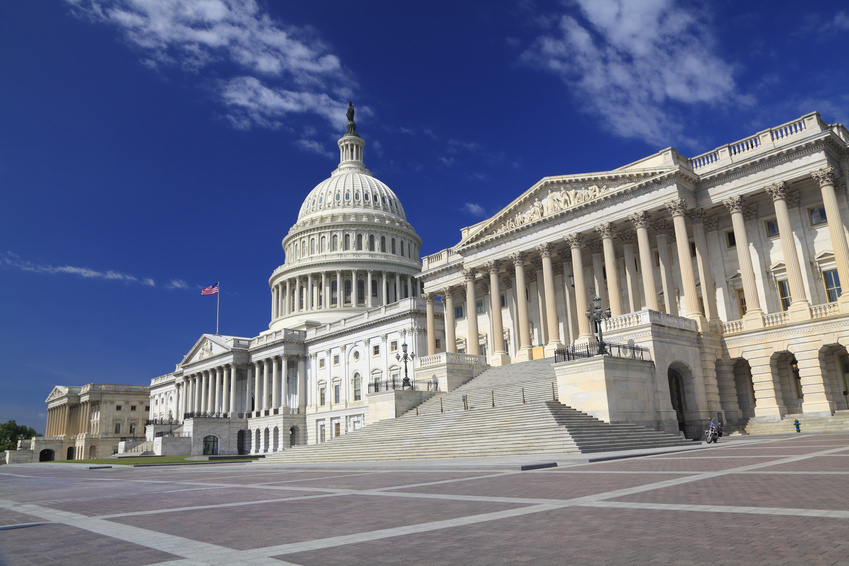Generally, an affiliated group allocates and apportions its interest expense in determining foreign-source taxable income as if all members of the group are a single corporation. Only domestic corporations are included in the affiliated group with the result that a US-based multinational with a significant portion of its assets overseas is required to allocate a significant portion of its interest expense to foreign-source income. This may cause an over-allocation of interest expense to foreign-source income, thereby reducing foreign-source taxable income and limiting the foreign tax credit.
After months of partisan bickering and Senate inaction, Congress finally passed another round of COVID-19 relief legislation as part of the Consolidated Appropriations Act, 2021, P.L. 116-260, (“CAA”), which was signed into law on December 27, 2020. We provide a summary of the tax-related CAA provisions and key modifications to the Paycheck Protection Program (“PPP”), before discussing President Biden’s tax agenda for 2021. The CAA’s tax provisions focus primarily on providing economic relief to taxpayers by expanding provisions of the Coronavirus Aid, Relief, and Economic Security Act (“CARES Act”) and renewing extenders.
To refer to our initial analysis of the CARES Act, see our prior client alert, available here.
As part of the Tax Cuts and Jobs Act (TCJA), Congress substantially reformed the international tax system adding a new 10.5% effective minimum tax on global intangible low-taxed income (GILTI).
As a Presidential candidate, former Vice President Joe Biden announced a detailed and ambitious set of tax policy proposals. President-elect Joe Biden’s tax policy plans, like rolling back several provisions of President Trump’s 2017 Tax Cuts and Jobs Act, are potentially derailed given the Republican will control at least 50 Senate seats and possibly 52.
In brief After much anticipation, the OECD released the ‘Blueprint’ for their Pillar Two proposal on 12 October as part of its two pillar package to deal with the increasing digitalisation of the economy. The premise behind the Pillar Two proposal is simple, if a state does not exercise their…
Many analysts have credited the enactment of the Tax Cuts and Jobs Act (TCJA) for removing many of the incentives and benefits of a US multinational inverting or redomesticating to a foreign jurisdiction, such as Ireland or the UK, as part of a merger or acquisition of a foreign company. The cross-border merger and acquisition activity of the last two-and-a-half years would suggest that the analysts are correct, as there have been no major corporate inversions involving US multinationals since the enactment of the TCJA in December 2017.
Read publication We are pleased to enclose the June issue of Tax News and Developments, a publication of Baker McKenzie’s North America Tax Practice Group. This month’s edition features Proposed Regulations on Deductibility of Certain Fines and Penalties and Related Information Reporting Retirement Relief Provisions Accessible to More Taxpayers and…
The Organisation for Economic Co-operation and Development (OECD) is racing toward meeting an ambitious target by the end of the year that could radically change the way all multinational enterprises (MNEs) are taxed. The target—a final report—was set forth in January 2019 under the cover of addressing the digital economy.…
Read publication We are pleased to enclose the March issue of Tax News and Developments, a publication of Baker McKenzie’s North America Tax Practice Group. This month’s edition features an update on the tax payment deadline, state and local tax effects of COVID-19, a discussion on the FDII regime, the…
The Treasury Department (“Treasury”) and the Internal Revenue Service (“IRS”) issued the highly anticipated final regulations (the “Final Regulations”) implementing the base erosion and anti-avoidance tax (the “BEAT”) on December 2, 2019. Treasury and the IRS simultaneously issued proposed regulations (the “Proposed Regulations” and with the Final Regulations, the “Regulations”).…









